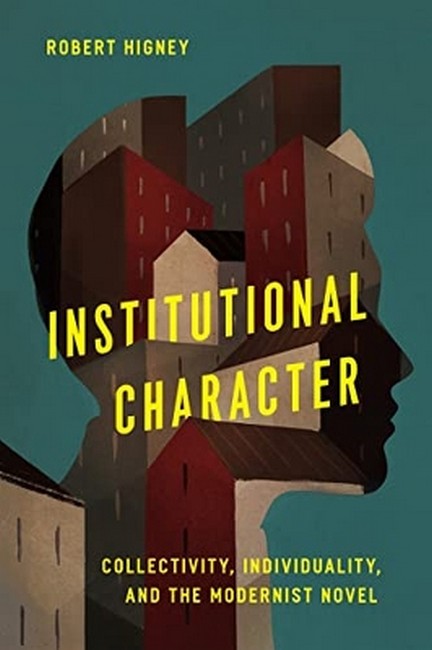Robert Higney is Associate Professor of English at The City College of New York, CUNY.
Request Academic Copy
Please copy the ISBN for submitting review copy form
Description
[Makes] a compelling case for not only dissociating character from interiority and subjectivity but also challenging the longstanding view of the novel as a genre of the individual . . . The separation of character from consciousness is a major step in literary criticism, paving the way for more important work to come.-- "Novel: A Forum on Fiction" Taking his cue from the emergent discipline of institutional studies, [Higney] makes the point that societal structures influence authors to create fictional personae who do not, perhaps cannot, act, think, or live wholly on their own. They are the products of their era's institutions. They embody those intangible phenomena in their earthly lives, and what they see as their own free will has in fact been formed and shaped by these ruling abstractions. He speaks approvingly of the "collective," and that word recurs many times in the text . . . Whether an empire encompassing half the globe or a gaggle of colleagues occupying a few floors of an ivy-covered building, [institutions] live and operate within the literature, sometimes unacknowledged and unnamed, sometimes active and visible on every page. In the true spirit of the collective, authors are assimilated by their institutions. Their particular diversity--the characters whom they create--are thus added to the hive. To his credit, Higney succeeds in making all this sound reasonable and unthreatening.-- "Joseph Conrad Today" This book is highly readable, subtle in its interpretations, and utterly up-to-date with current topics in modernism. While focusing on the place of character within institutions, the book offers insight into realism, the bildungsroman, and novel studies. --Allan Hepburn, McGill University, author of Intrigue: Espionage and Culture

